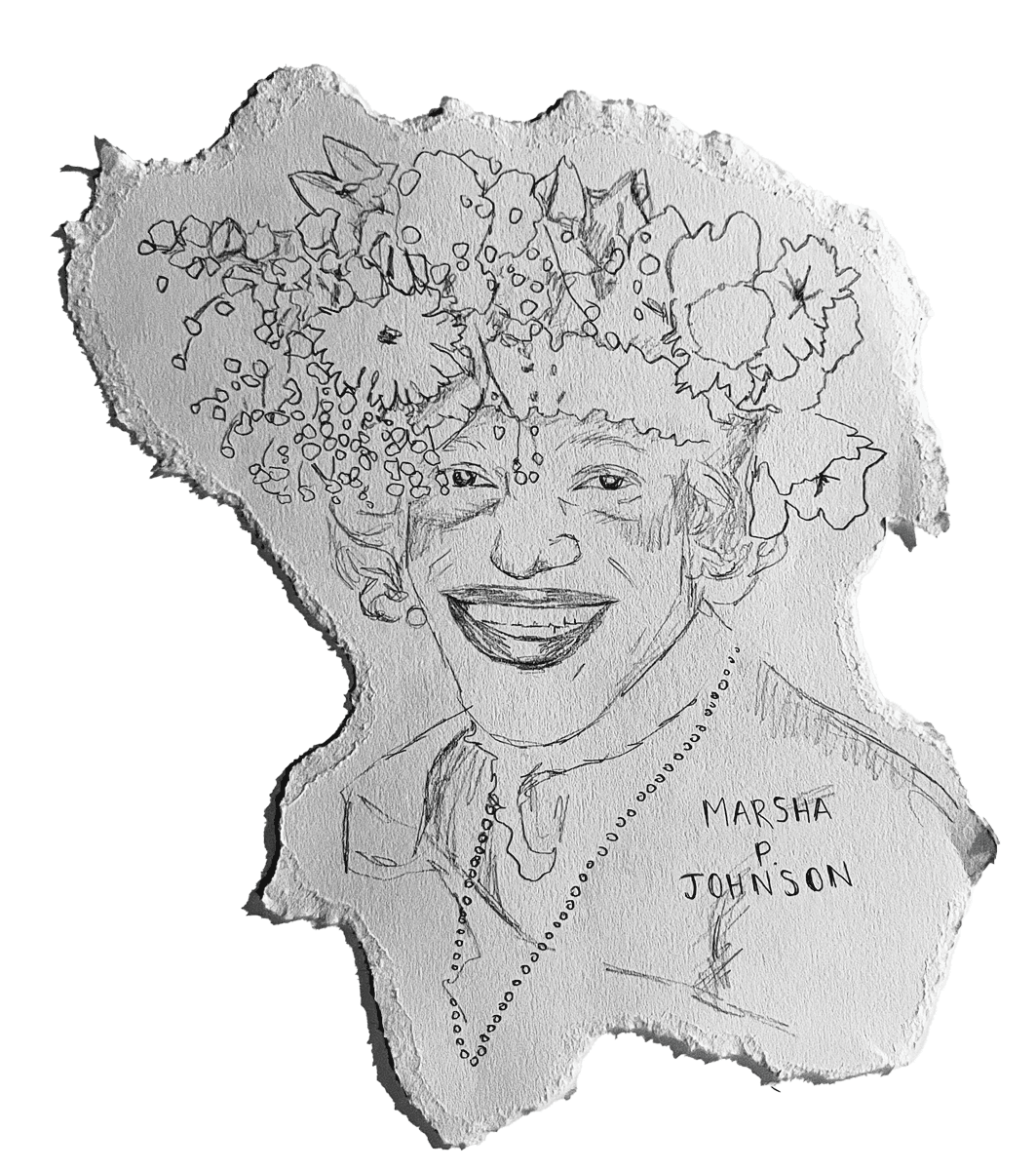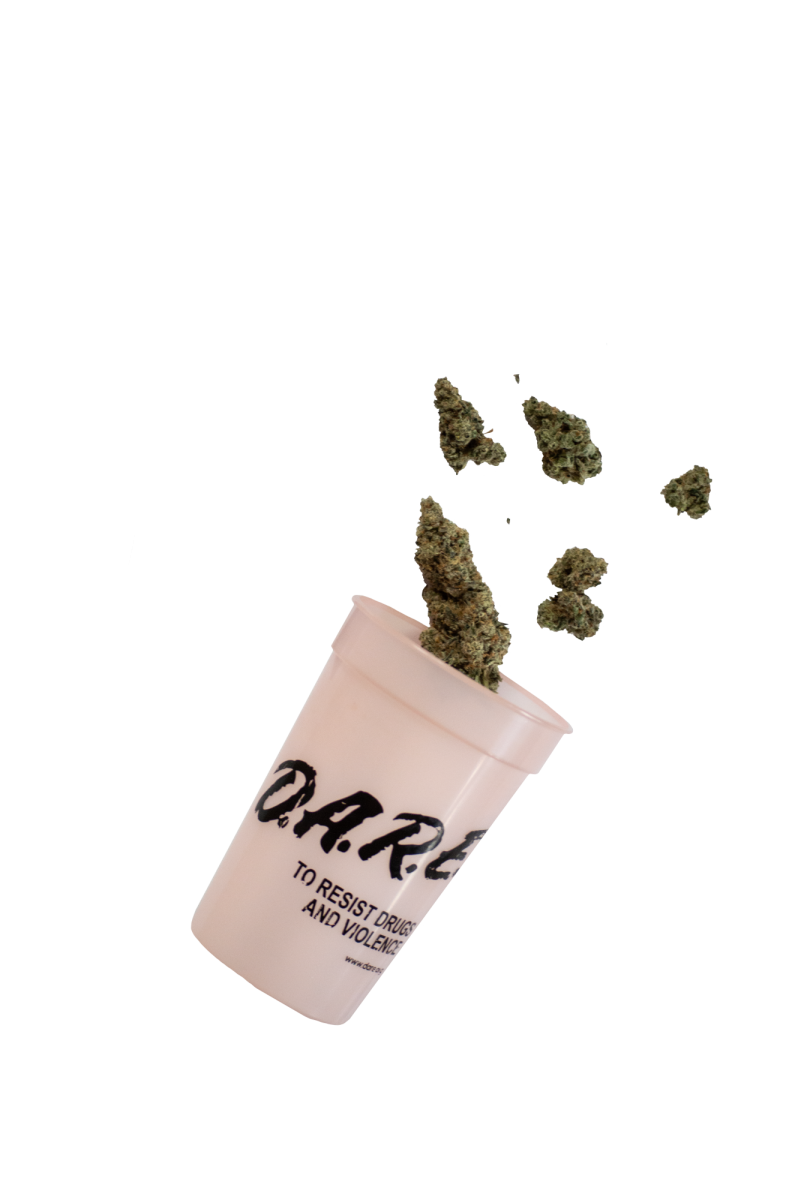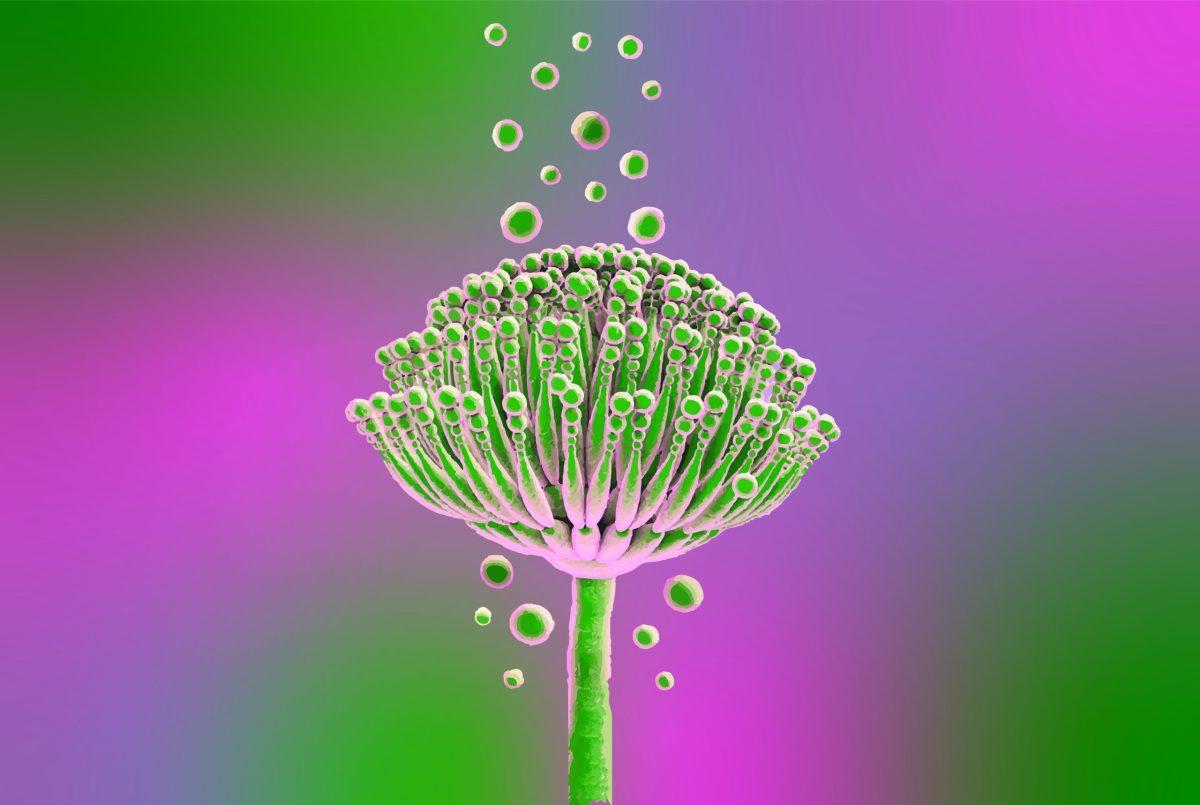The normalization of substance abuse and misuse on college campuses is often overlooked because of the stigma surrounding being a college student: Class. Work. Party. Repeat.
We spoke with the University of Oregon’s Substance Abuse Prevention and Education team (SAPE) to better understand how to handle substance misuse when college campuses are typically known for their party culture.
What is SAPE?
SAPE’s mission is “focused on harm-reduction, evidence-based strategies to target substance abuse, misuse and abuse among UO students,” according to SAPE co-student director Liseli Lastra.
Lastra has been on SAPE’s team for two years, starting as a peer educator, and has recently been promoted to co-student director. Within her position, she aims to implement the strategies in SAPE’s mission statement while reducing stigma within the campus community on alcohol and other drugs.
“My team and I strive to engage the campus community in challenging conversations,” Lastra said. “This is accomplished through providing accessible resources, screening tools and a wide range of training and workshops.”
Misconceptions around Substance Misuse and Addiction
Society can often frame substance misuse and addiction in a way that is not always accurate. Lastra explains this stigmatization as the “brown-bag alcoholic,” meaning that for a problem to be prevalent, a person needs to have a visible “severe life impairment” to have a substance disorder. According to Lastra, the importance of this conversation is knowing that anyone can have a substance disorder/misuse problem. There is no one way that a person needs to look to need help.
“As with anything, substance abuse lies on a spectrum,” Lastra said. “If drugs and alcohol are impacting someone’s life in a consistently negative way, that warrants some kind of response.”
Navigating Your Cannabis Intake
Regarding understanding your cannabis/substance intake, education and mindfulness are two critical factors that play a considerable role in safe and healthy substance usage, according to Lastra. Lastra explains the importance of knowing what you are putting into your body and not being ashamed to ask important questions if you do not know anything about the substance. Educating about substances is the best way to protect yourself and your loved ones.
“Be aware of concentrations, strains and doses of THC,” said Lastra. “If you are purchasing from a dispensary, do not be ashamed to ask questions.”
Navigating Safe Relationships with Substances
When asking Lastra what a safe relationship with cannabis or other substances looks like, she spoke about how the expectations of consuming substances can often be relatively high on a college campus. Although Lastra acknowledges that safe and healthy relationships look different for all people, she broke down how to navigate a relationship with substances by digging deeper into three terms: dependence, tolerance and impact. Navigating through these questions effectively identifies where you or a loved one is in their relationship with substances:
Dependence: Do you need the substance to perform daily tasks or begin your routine?
Tolerance: Do you notice you need to use more to feel the substance’s effects?
Impact: Are you seeing your usage impact your life (i.g., missing obligations due to guilt of using, effects of hangovers, strains within your relationships, and blacking out)?
Having Nuanced Conversations about Cannabis Intake
Conversations about substance misuse can be intimidating, especially with someone you care for. If you are worried about a friend’s substance intake, you need to be in the right mind space, have enough time to talk about it and have accurate resources to follow up with afterward.
Rushing through these types of conversations can make an already uncomfortable conversation more uncomfortable. Lastra explained that peace, privacy and safety are three steps an individual would want to use to show compassion while navigating these sometimes awkward conversations.
“It is best to initiate a conversation when you or other people may have the appropriate time, are in a space that feels comfortable and are in a good mood,” Lastra said. “Additionally, ensuring your friend that the conversation you are having with them is completely confidential and fully non-judgemental will allow them to see you are coming from a place of care.”
Lastra emphasizes the importance of listening calmly without high emotions, using non-judgmental language, and having on-hand resources if the individual needs or wants to seek professional help.
UO/SAPE Resources
If you or a loved one is struggling with substance misuse, here are some on-campus resources that provide confidential support:
Counseling Services After Hours Support + Crisis Line: 541-346-3227
Duck Nest: 541-346-0570
University Health Services: 541-346-2770
Office of the Dean of Students: 541-346-3216
The Cannabis Use Diagnostic Inventory Test (CUDIT): https://dos.uoregon.edu/cudit-screener






